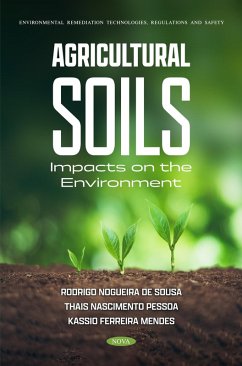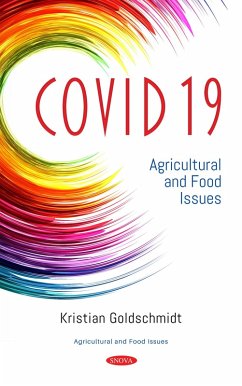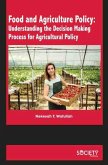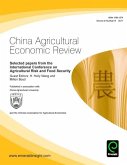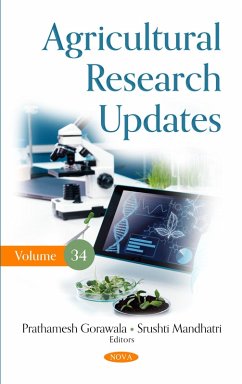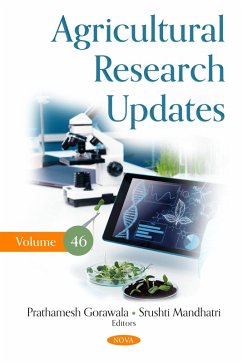Waste is an unavoidable byproduct of most human activity. Economic development and rising living standards in Asia have led to increases in the quantity and complexity of generated waste, while industrial diversification and the provision of expanded health-care facilities have added substantial quantities of industrial and agricultural hazardous waste and biomedical waste into the waste stream with potentially severe environmental and human health consequences. Residue is generated from several agricultural activities including cultivation, livestock production and aquaculture. Composting is one of the alternative ways to manage organic waste in an environmentally friendly manner which can improve both soil fertility and structure. Recycling of agricultural waste should be improved to develop the economy, protect the environment, save natural resources and build a shared vision of environmental protection. Agricultural residue as a source of biomass can be used to produce biogas. It is necessary to draw attention to the opportunities associated with recycling agricultural waste. It is also important to determine the most suitable means of converting agricultural waste into valuable material to increase productivity, help the environment, and save energy. Also, a considerable amount of research should be done on food waste with a view to the recovery of energy or other important related products.
Dieser Download kann aus rechtlichen Gründen nur mit Rechnungsadresse in A, B, BG, CY, CZ, D, DK, EW, E, FIN, F, GR, HR, H, IRL, I, LT, L, LR, M, NL, PL, P, R, S, SLO, SK ausgeliefert werden.



